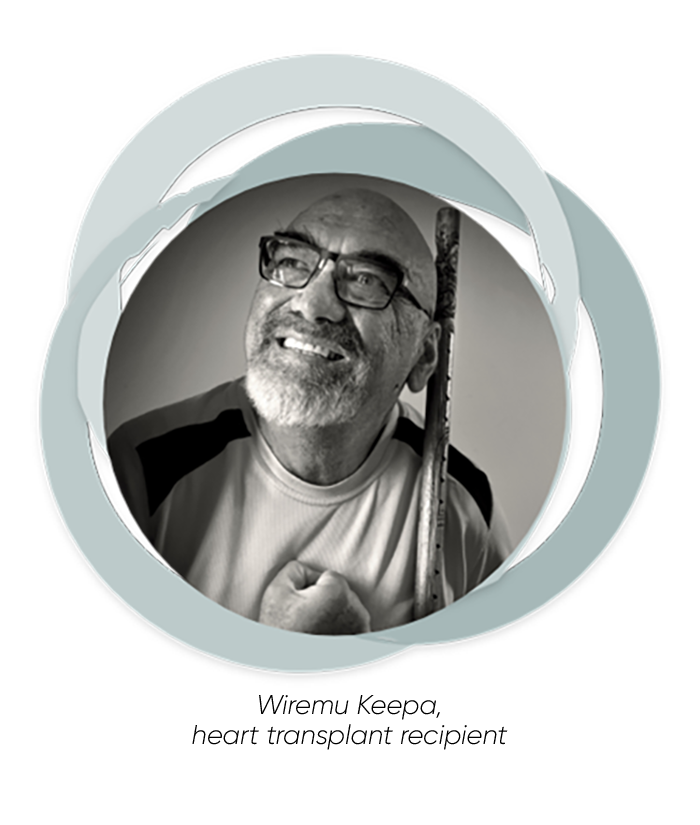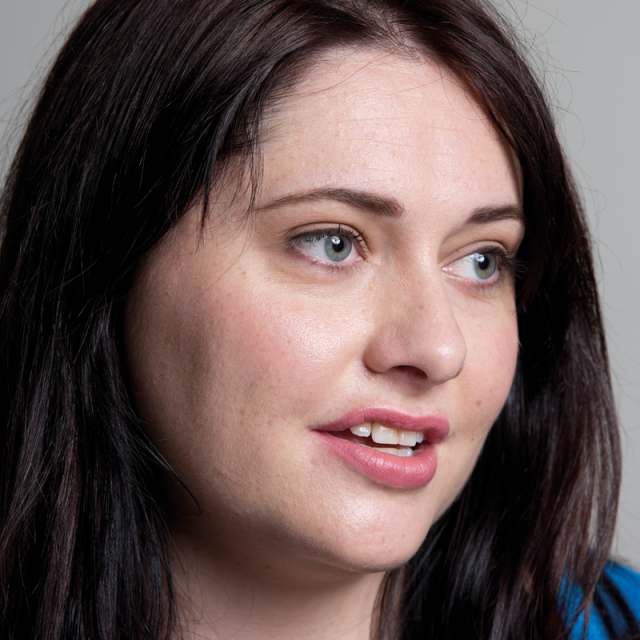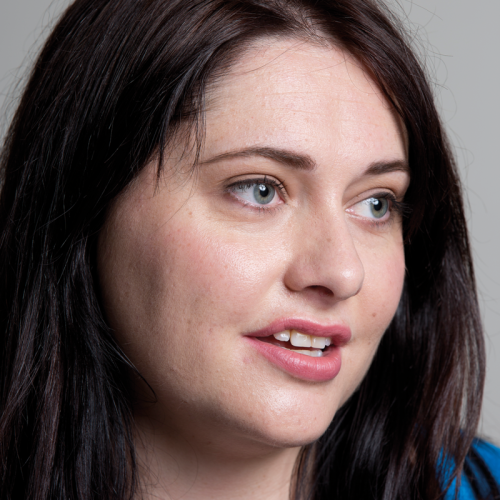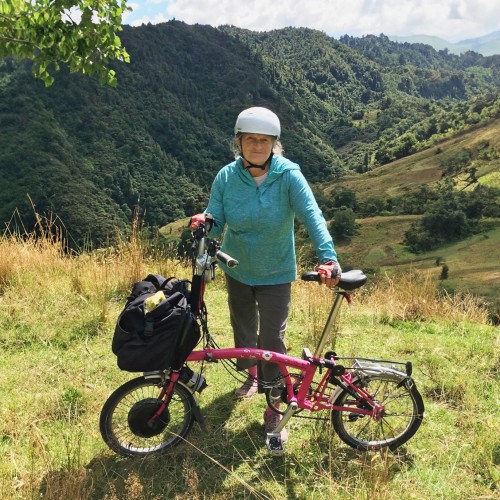Thank You Day 2022
Milestones, memories & mokopuna:
‘Thank you’ for a life made possible through organ donation
Donating organs and tissues is an incredible act of kindness that can transform lives. On Wednesday 30 November, Organ Donation New Zealand and organ donation recipients come together to say a heartfelt “thank you” to donors, their families and whānau, and all those involved in donation.

For Wiremu Keepa, the past 20 years of milestones and memories have only been possible thanks to a heart transplant – a selfless gift from a donor and their grieving whānau that his given him a second chance at a life lived to the full.
His new heart has enabled him to continue his study and career, raise his children, be an active member of his community, and experience the joy of becoming a koro (grandfather).
“I’m so blessed to be surrounded by the love and presence of my mokopuna. Without my heart transplant, these moments of connection would never have transpired. I’m so lucky.”
Today, Wiremu’s words of gratitude will join those of other organ donation recipients in a national campaign for Organ Donation New Zealand’s Thank You Day.
The annual day is an opportunity for Kiwis touched by organ donation to come together and express gratitude towards organ and tissue donors and their families, who have given so generously and changed the lives of others.
In New Zealand in 2021, 66 deceased donors donated organs, enabling 191 recipients to receive life-saving kidney, liver, lung, heart or pancreas transplants. Many more people received tissue transplants including cornea, sclera, heart valves and skin.
Donor Coordinator for Organ Donation New Zealand, Sue Garland, says it’s not possible to express the full depth of gratitude felt by recipients, their families and their medical teams, however Thank You Day goes some way to recognising those who make it possible.
Through her role, Sue works closely with health care professionals across Aotearoa New Zealand, caring for donors and their whānau, and coordinating donations which are a rare occurrence, with less than 2% of deaths happening in a way where it may be possible.
“I am continuously humbled by the kindness and generosity of donors, their whānau and all those involved in this process.
“Such an incredible act of generosity deserves all of this thanks – and more, which is why we’re taking the opportunity to express our gratitude to everyone involved. The donors, the donor families, the doctors and nurses, and even the taxi drivers transporting people to hospital. You have all changed the lives of others forever.”
For Wiremu, who is nearing the 20th anniversary of his own transplant, every day is Thank You Day but he says this is an extra special call out for the many people who make stories like his possible.
“I really make sure I do whatever it is I can to give back and show my gratitude to everyone involved in my transplant journey.
“I’m always giving thanks for this gift; to the donor, their whānau, my partner, my own whānau, the doctor, nurse, everyone. I might not be able to thank them all personally, but I live my life in a way that I hope begins to show my gratitude.”
For more information or interview opportunities, contact:
Megan Green, [email protected], 027 221 7126
Lucy Boddy, [email protected], 027 1800 3984
About Organ Donation New Zealand (ODNZ)
ODNZ provides a 24-hour, 7-days a week, clinical service for deceased organ and tissue donation to health professionals in hospitals throughout New Zealand. It works with those health professionals to ensure that processes for deceased donation are nationally consistent and meet the highest medical, ethical and legal standards.
ODNZ coordinates the process of donation which provides organs and tissues to transplant units in New Zealand and Australia and tissue banks in New Zealand. It also provides on-going support for donor families, education and training for healthcare professionals and accurate factual information to the public.
About Thank You Day – Wednesday 30 November 2022
Thank You Day is an opportunity for the New Zealand community to join together in expressing gratitude towards organ and tissue donors and their families who have given so generously and changed the lives of others. We also thank all the health professionals involved in organ and tissue donation for their support and for enabling transplantation.
FAQs
How common is organ donation?
- Organ donation can occur after a patient dies in an Intensive Care Unit. Between 1 and 2% of deaths in New Zealand are in a situation where organ donation might be possible.
- In 2021 there were 66 people who donated organs following death. This enabled 191 recipients to receive life-saving kidney, liver, lung, heart or pancreas transplants. Many more people received tissue transplants (cornea, sclera, heart valves and skin) from these donors.
What can be donated?
- It is possible to donate tissues (eye, heart valves and skin) from most circumstances of death. However, donation of heart, lungs, liver, kidney and pancreas are less common.
How do you become a donor?
- There is no official donor register in New Zealand, however you can indicate your wish to be an organ donor or not when you apply for a driver’s licence or when you renew your licence. This is an expression of your interest only.
- Thinking now about whether you would want to be a donor, or not, and having a conversation with your family or whānau, will mean that in the event of your death, they will know your wishes. If you are in a situation where donation is possible, a health professional will have a conversation with your family or whānau. They will ask your family or whānau for their agreement to donate and which organs and tissues they will donate.


